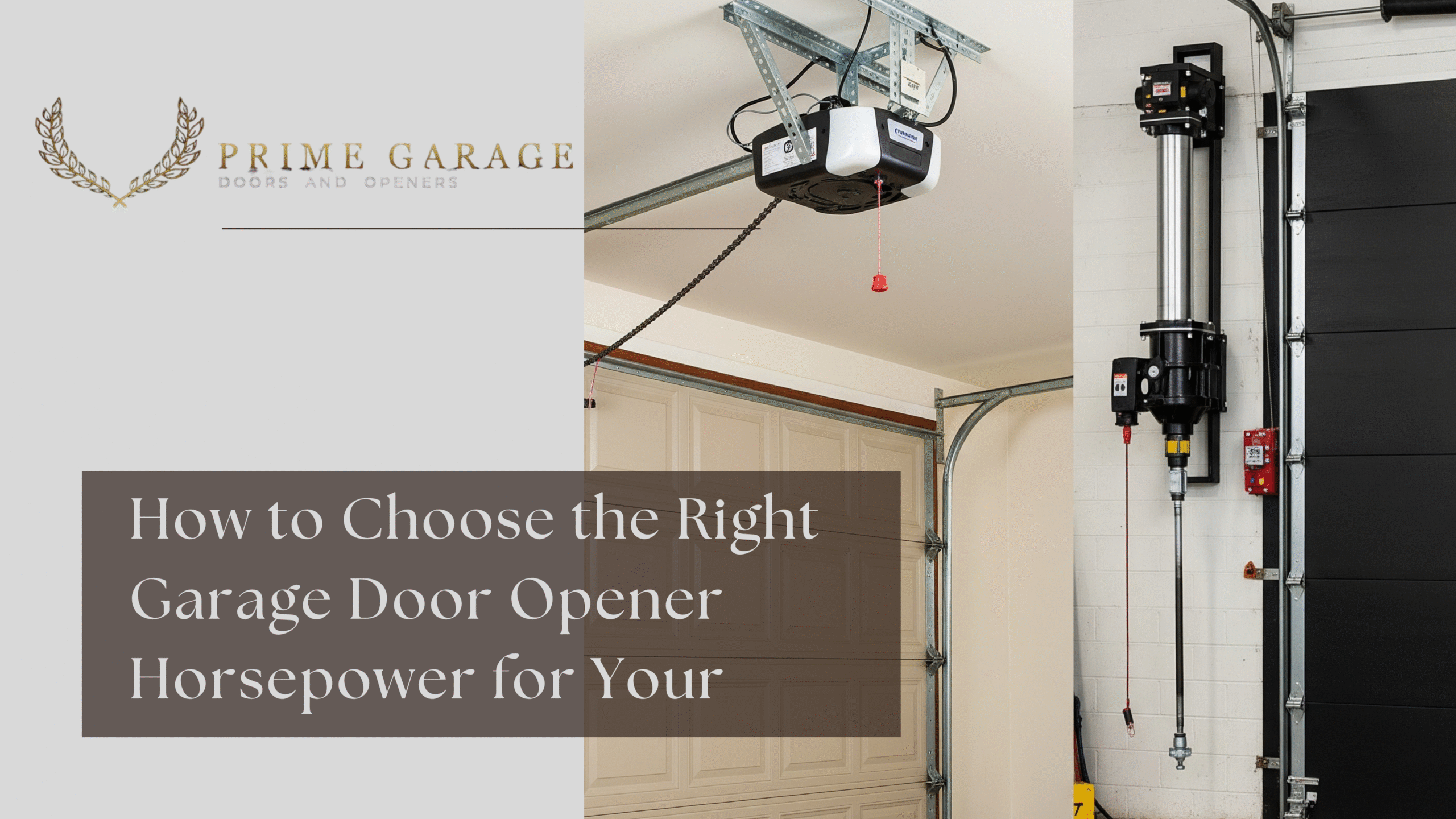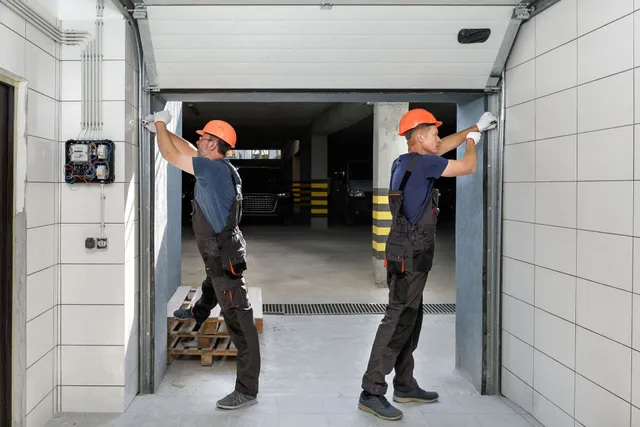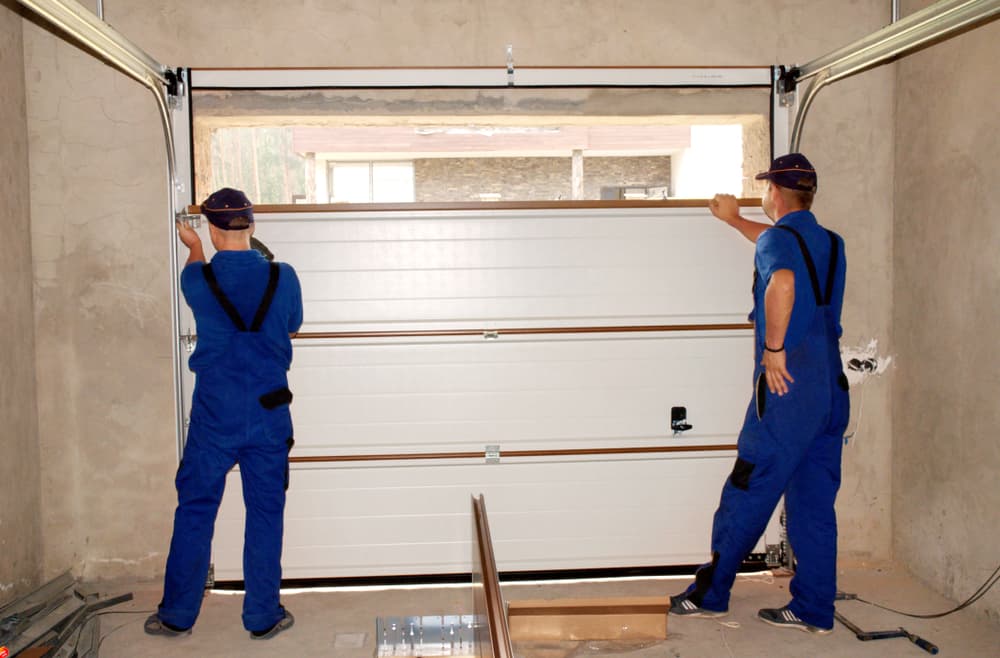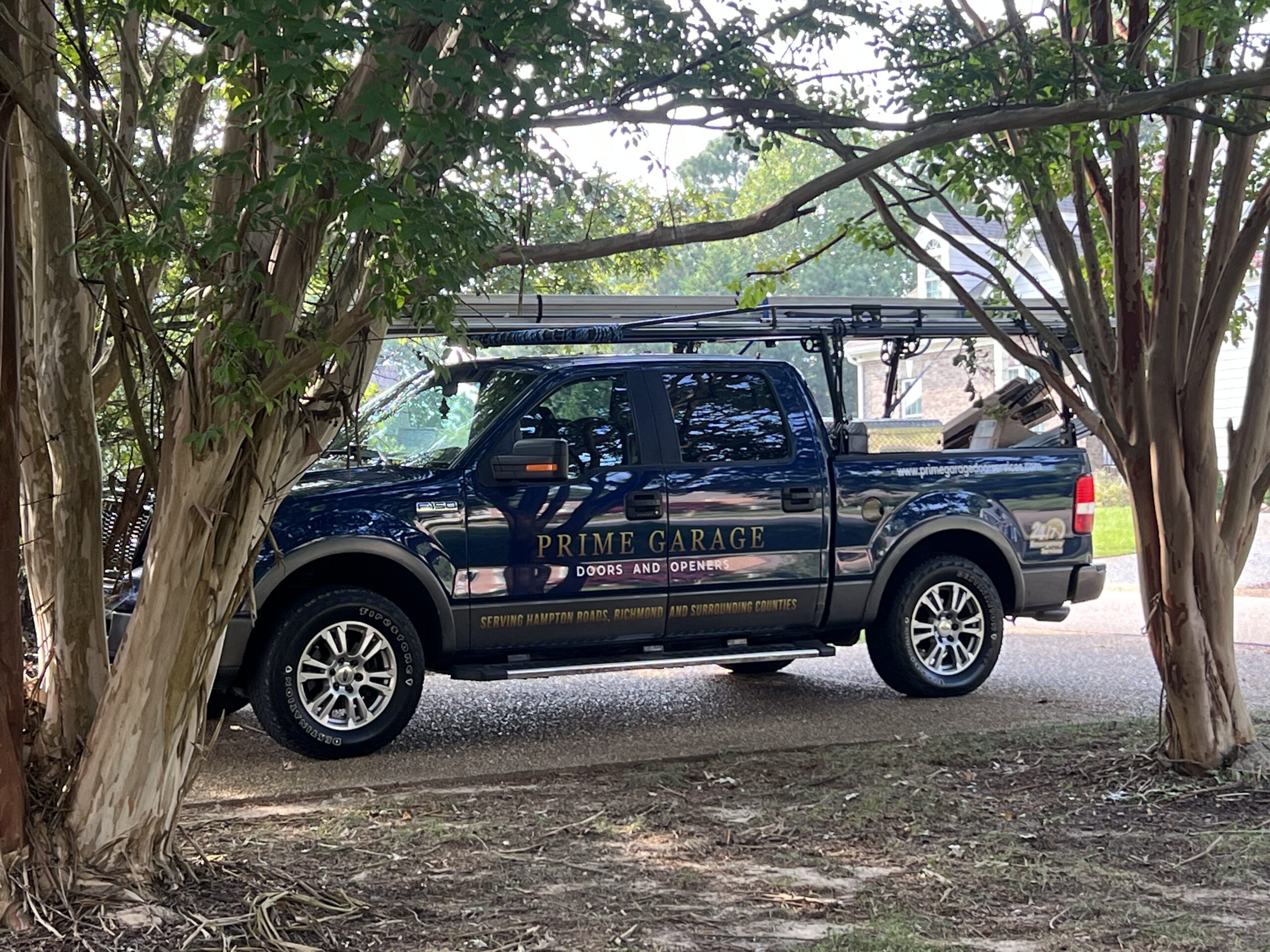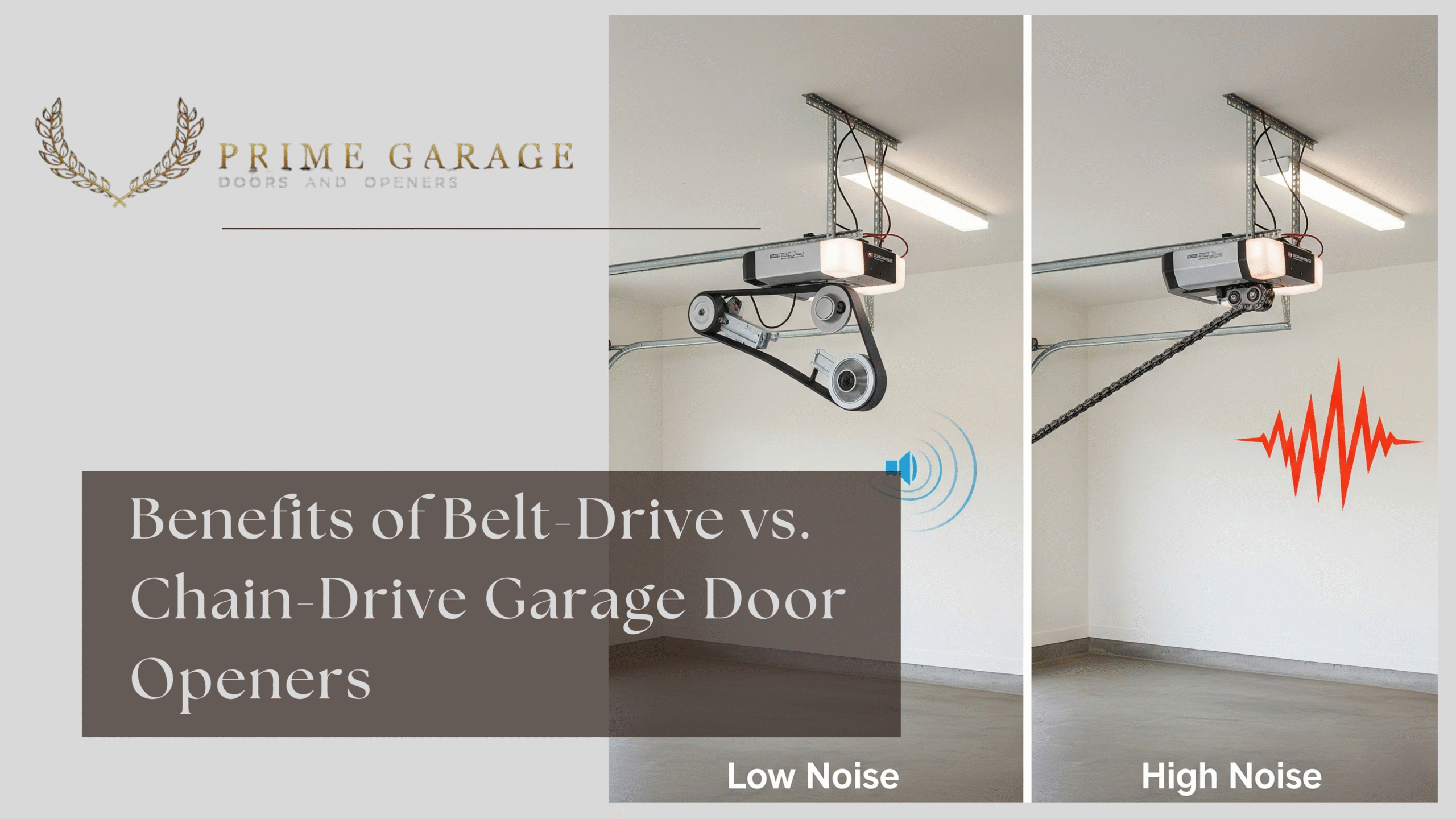Introduction: Why Horsepower Matters in Garage Door Openers
Choosing the right garage door opener isn’t just about convenience; it’s about performance, durability, and safety. One of the most critical factors in selecting the right opener is horsepower (HP). Garage door openers come in different HP ratings, and each is suited for specific door sizes, materials, and usage levels.
Picking the wrong horsepower can lead to early wear and tear on your opener, poor performance, and even safety issues. This blog will walk you through everything you need to know to make the right decision for your garage.
What Is Garage Door Opener Horsepower?
Horsepower in a garage door opener refers to the motor’s strength and lifting power. It determines how efficiently and smoothly the opener can raise and lower your garage door.
Here are the three most common horsepower ratings:
- 1/3 HP
- 1/2 HP
- 3/4 HP
Higher-end openers may also come in 1 HP or more for commercial or oversized doors.
1/3 HP – Best for Lightweight, Single-Car Garage Doors
Ideal for:
- Aluminum or hollow wood doors
- Single-car garage doors
- Infrequent use (1–2 times a day)
Avoid if:
- You have a double garage door
- The door is made of steel or wood
1/3 HP openers are the least powerful option. While they’re the most affordable, they tend to wear out faster when used with heavier or larger doors.
1/2 HP – The Most Popular and Versatile Choice
Ideal for:
- Double garage doors (up to 16 feet wide)
- Most standard residential steel doors
- Moderate usage (2–4 times per day)
This is the most commonly installed garage door opener horsepower. It balances affordability with strength and works well in most residential applications.
Make sure the door is well-balanced and maintained to avoid straining the motor.
3/4 HP – Best for Heavy or High-Traffic Doors
Ideal for:
- Oversized or insulated doors
- Wooden garage doors
- Homes with frequent garage use (4+ times per day)
- Two- or three-car garages
3/4 HP models are built for durability and power. If your garage door is particularly heavy or if your household uses the garage multiple times a day, investing in a 3/4 HP motor pays off in longevity and smooth operation.
1 HP or More – For Commercial and Custom Garage Setups
While not typically needed for residential homes, some custom or commercial setups benefit from 1 HP or more.
These are designed for:
- Commercial roll-up doors
- Extra-wide or tall custom doors
- Garage doors with windows, insulation, and wood paneling
Factors to Consider When Choosing the Right HP
1. Door Size
Larger garage doors require more torque to lift.
Use these general guidelines:
- Single-car door → 1/3 or 1/2 HP
- Double-car door → 1/2 or 3/4 HP
- Oversized/heavy door → 3/4 HP or more
2. Door Material
- Aluminum is light and easy to lift
- Steel is heavier, especially if insulated
- Wood is the heaviest and requires more power
3. Insulation
Insulated doors weigh more than standard doors.
If you have an insulated steel or wood door, lean toward 3/4 HP for smooth operation.
4. Frequency of Use
The more often you use your garage door:
- The more wear on the motor
- The more benefit you get from a higher horsepower unit
If your family uses the garage as the primary entrance/exit, go with at least 1/2 HP, ideally 3/4 HP.
5. Drive Type
HP requirements vary slightly based on the drive type:
- Chain drive: Loud, durable, cost-effective
- Belt drive: Quieter, smoother, more expensive
- Screw drive: Less common, requires maintenance
Signs You Need a Higher Horsepower Opener
If you’re replacing an existing opener, these signs may indicate your old unit was underpowered:
- Struggles or delays in opening the door
- Overheating or frequent shutdowns
- Unusual grinding noises or motor strain
- The door only opens halfway or jerks during operation
When in Doubt: Choose the Next Level Up
If your garage door is near the top range of what a certain HP level can handle, it’s better to go up a level.
A slightly overpowered opener:
- Lasts longer
- Runs more quietly
- Handles unexpected load increases better
Professional Installation Matters Too
Horsepower is just one part of the equation.
For smooth operation, you also need:
- Proper spring tension
- Quality rollers and hinges
- Balanced weight
- Correct track alignment
Hiring a licensed garage door technician ensures your system is optimized for long-term use.
Conclusion: Matching Horsepower to Your Garage Door Saves You Headaches
To summarize:
| Horsepower | Best For | Avoid If |
|---|---|---|
| 1/3 HP | Light, single doors | Heavy doors |
| 1/2 HP | Most standard homes | Very large doors |
| 3/4 HP | Heavy or high-use doors | Very light doors |
| 1 HP+ | Commercial/oversized | Standard homes |
Choosing the right garage door opener horsepower helps avoid burnt-out motors, stalled doors, and costly repairs.
Want help picking the perfect opener for your home?
Contact us today for a consultation and professional garage door opener installation!

